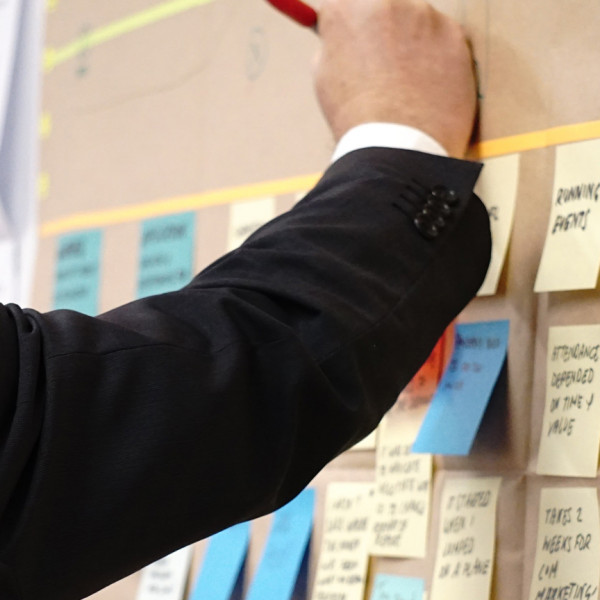Creating original and planned investigation;
Dealing with new and complex problems;
Developing solutions to new and complex problems;
Working in multidisciplinary settings;
Communicating research findings clearly and effectively;
Learning throughout life independently.
The 2nd cycle of studies in Business Management was designed with the aim of developing the following general responsibilities:
In-depth knowledge acquired in the 1st cycle, in particular about different schools and theories that formed the founding basis of key concepts and management tools, knowledge on different structural, functional and strategic configurations of management practices, knowledge on models, practices and intervention tools in business management, knowledge about the tools and basic methodologies of research and information processing in Management.
In addition, the 2nd Studies¿ Cycle in Management has to develop an objective set of competencies in the field of know-how, which equips the future Master¿s degree with practical tools that shall enable a rapid transfer of acquired knowledge into professional practice, namely:
Creating original and planned investigation;
Dealing with new and complex problems;
Developing solutions for new and complex problems;
Working in multidisciplinary settings;
Communicate research findings clearly and effectively;
Learning throughout life independently.
Mastering Management methodologies in national and international contexts;
Mastery of tools for processing data in Management
The Studies¿ Cycle also aims to equip students with a deep understanding of the key challenges facing the future of business management, as well as to provide them with a critical eye, essential for a proper adjustment of acquired knowledge and skills to the realities of each context .
The operationalization of these objectives is made through:
- Theoretical and practical classes;
- Qualified teaching body, counting on many teachers with effectivel experience in the fields Business Management;
- Gradual and sustained qualification of the existent teaching body, strengthening their pedagogical and scientific skills;
- Meetings between teams of teachers, coordinated by their coordinator of each respective discipline, for analysis and piloting of pedagogical practices;
- General meetings of teachers, coordinated by the Course Direction, where general policies for the scientific and educational coordination of the course are defined.











